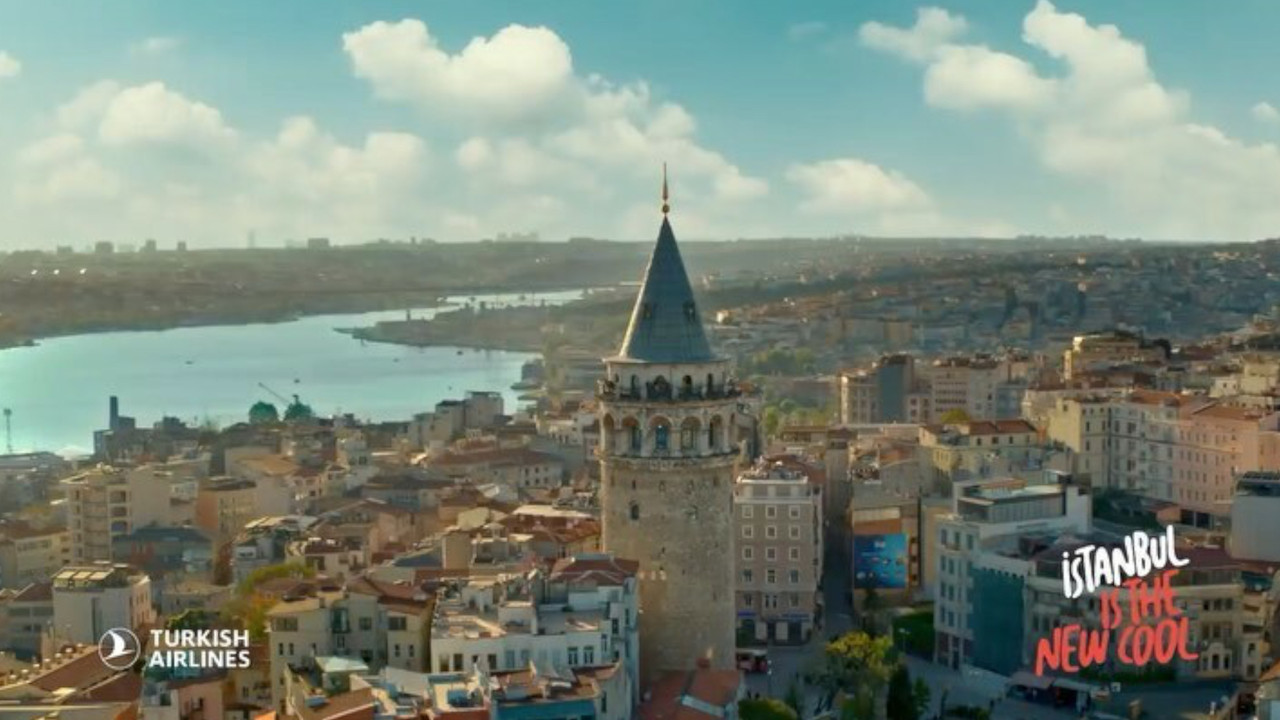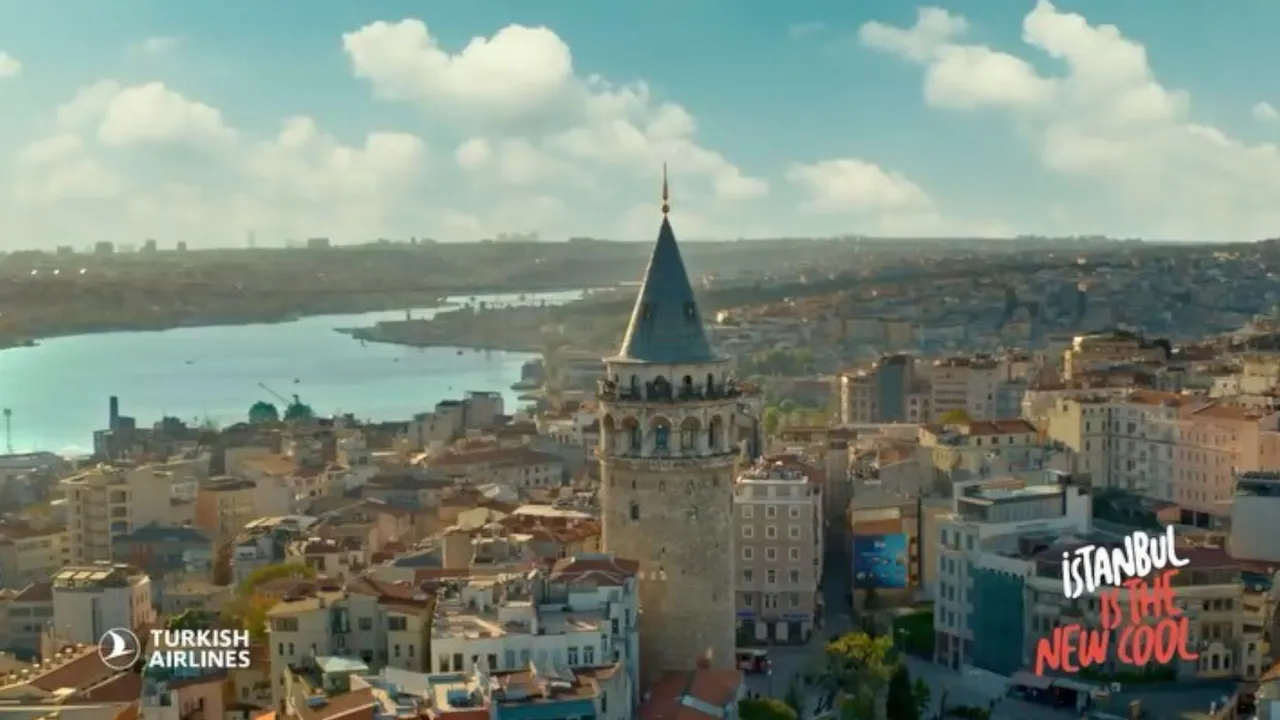Being a tourist in your own country
Besim Dellaloğlu writes: A recent promotional video of Istanbul prepared by Turkey’s Ministry of Culture and Tourism has been rightly discussed for days until wildfires took over the agenda. The distance between this depicted Turkey and the reality for its citizens is vast and brings to mind the experiences I had while working as a tourist guide 30 years ago.
I worked as a tourist guide for many years while I was a student in my twenties. That was from the mid-80s to mid-90s. It was quite an interesting experience for me. While making a living, this profession taught me a lot about my own country. As a young man born and raised in Istanbul, my knowledge of the rest of the country was limited, to say the least. Today I recognize this feature in myself even more.
In order to become a tourist guide at that time, one had to complete an eight-month course with a 90 percent attendance requirement after passing a series of exams, and then take a 50-day domestic trip with experts. There were a couple of new exams so one could be certified as a tourist guide.
This domestic trip in my early twenties proved to be quite remarkable for me. In fact, I experienced one of the most important leaps of comprehension I had experienced in my life near Van Castle in eastern Anatolia. We were five busloads of young guide candidates and got out of our vehicles near the Van Castle. It was a very hot summer’s day. The candidates, most of whom were from Istanbul, were mostly dressed in shorts and sunglasses. Several kids, some of them without shoes, greeted us. They were all trying to sell us tourist stuff. The word that came out of their mouths most frequently was “hello.” But they spoke another language among themselves. Assuming they thought we were tourists, I said to one of them in Turkish, “We’re not coming from Europe; we’re coming from Istanbul.” The boy who heard me said to his mate, this time in Turkish, “Do you see the tourist; he speaks Turkish so well.”
This was my first personal encounter with the Kurdish reality. It was difficult to consider us, young tourist guides-to-be from Istanbul and these children, as citizens of the same country. That was why those little kids regarded us as tourists. They kept saying ‘hello’ to us. Maybe they were right. We were a kind of tourist within our own country. We had studied at the best-known schools of Istanbul, but we were not told about this Turkey. We were told was what Turkey should be rather than what Turkey actually is. There was a significant distance between what was out in the field and what was supposed to be. This distance was the result of idealities, opinions, and ideologies.
Eventually, I completed the internship trip. I took the exams again, and passed. I received my license and started to travel the country with real tourists, this time telling them about Turkey. From all these trips, I distinctly remember an anecdote, which provided me with another leap of comprehension. It took place in a hotel lobby in Anatolia, just before dinner. At the end of a long and tiring day, I was drinking my rakı (Turkish alcohol) in a corner of the hotel lobby, waiting for my tourists to arrive for dinner. An older, serious, educated French gentleman who came down from his room early approached me. I greeted him and ordered a rakı for him also. We had a very interesting conversation.
French tourists coming to Turkey are generally experienced tourists. I have met only a couple of French tourists who were making their first trip abroad to Turkey. The average French person usually visits Spain, Italy, Portugal, Greece, the old French colonies of North Africa before coming to Turkey.
The person I was drinking rakı with that evening was also an experienced tourist. He told me he had traveled to several countries before coming to Turkey. He told me about an assessment he made on all these trips. While traveling in a country where he does not speak the language, he said that he always tried to watch the commercials on the television in his hotel room for a certain amount of time every day. He then thought about whether these images suited the country he was traveling in. His opinion of Turkey was very interesting: He had never seen such a distance between the current state of the country and the way it was reflected in the commercials in any country he had ever visited. The French tourist claimed that there was very little relationship between the Turkey he saw on TV while his wife was taking a shower in the hotel room and the Turkey we traveled through during the day. Clearly this comment had an impact one me as I am still mulling it over.
I asked him what he thought the most crucial differences were? I remember him saying to me: “I’ve never seen a woman in a headscarf in commercials. However, in Turkey, the streets are full of women in headscarves.” He was right. But I had not realized this truth until he pointed it out to me.
Maybe you know where I'm going with this. The new trailer of Istanbul prepared by the Ministry of Culture and Tourism for promotional purposes has been rightly discussed on social media for several days. I also watched this video. As soon as I watched it, I immediately thought of this experience with the French man. There were no women in headscarves in this video either. Moreover, this video was shot by the ministry of an Islamist government.
I do not want to be involved in daily political debates and discussions of what should or shouldn’t be. My problem is the distance between the perceptions of Turkey we have: The parts of Turkey that we see and exaggerate only when it suits us, or the parts we try to ignore when it does not suit us. In the process, we reject the real Turkey. We may say that what an intelligent French tourist noticed 30 years ago still stands true today.


